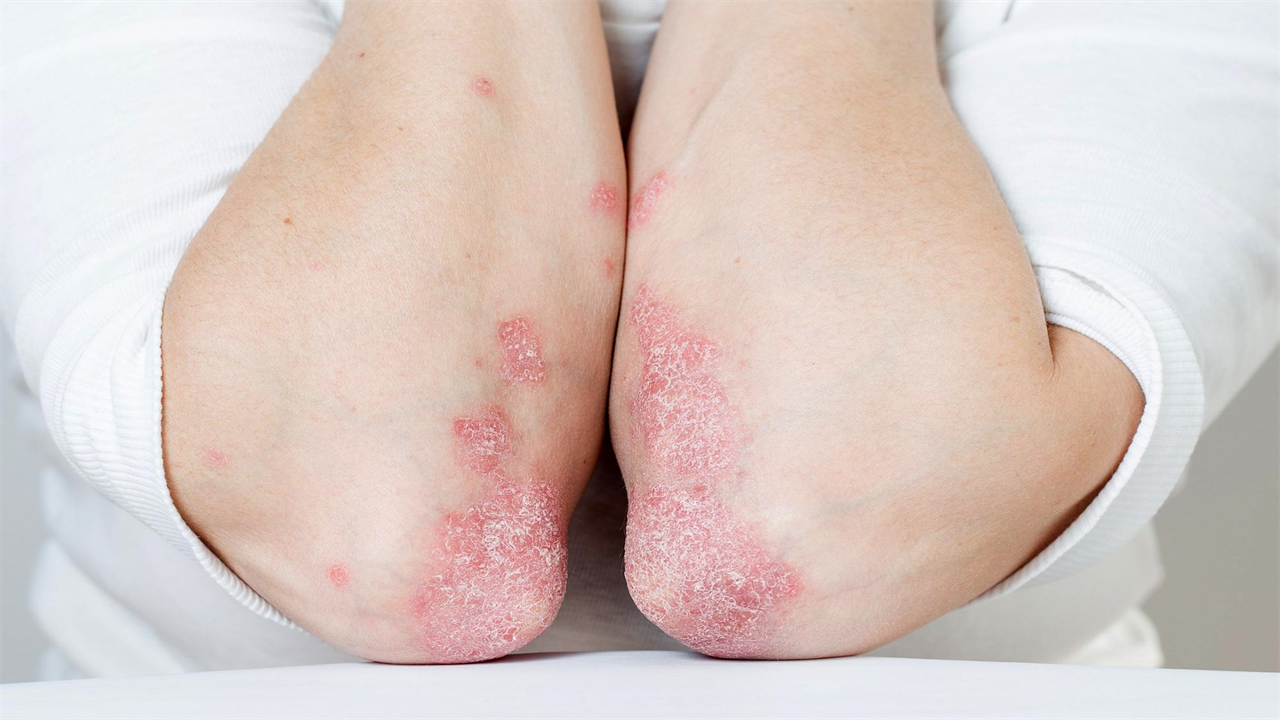High Risk of Bias in Studies of COVID-19 in Patients With Psoriasis and Psoriatic Arthritis
0 View
Share this Video
- Publish Date:
- 4 August, 2021
- Category:
- Covid
- Video License
- Standard License
- Imported From:
- Youtube
Tags

Amid the pandemic, the hunger for data and the desire to provide quick information may have lowered the quality of research, researchers report in the Journal of Investigative Dermatology.
A systematic review of research examining the risk and outcomes of COVID-19 in patients with psoriasis and psoriatic arthritis treated with biologic therapies has shown a high risk of bias, among other quality issues, across all studies. Therefore, researchers reporting in the Journal of Investigative Dermatology, published by Elsevier, conclude that no definitive statement on risk or management recommendations can be made based on currently published data.
Since the onset of the COVID-19 pandemic, there has been concern among dermatologists about an increased risk of infection or worse outcomes in patients treated with biologic therapies or psoriasis or psoriatic arthritis. Some studies have reported an increased risk of respiratory infection in patients treated with biologics, while the same drugs have been suggested as possible treatments for COVID-19.
“Our study is not intended to be a criticism of the authors or the journals that published their research,” emphasizes lead researcher Stefano Piaserico, MD, PhD, Department of Medicine, Dermatology Unit, University of Padua, Padua, Italy. “It is rather a reminder to be careful when reading new COVID-19 newspapers. During a pandemic, health care providers should be more careful about incorporating evidence from new studies into personal decision-making.”
The study was conducted by a group of dermatologists in Italy, the first European country to be hit hard by COVID-19. They wanted to evaluate the incidence of COVID-19 in patients with plaque psoriasis receiving biologic therapies, but even using data from several centers in Italy, the number of patients in their population studied was too low to make a good comparison with the population. So, thanks to a collaboration with the study center of the Italian Group for Epidemiological Research in Dermatology (GISED) led by Luigi Naldi, MD, in Bergamo, they decided to study the published literature in an attempt to do a pool analysis. As a result, they realized that several published studies were flawed in many ways.
Researchers analyzed the quality of 25 articles on the risk and outcomes of COVID-19 in patients receiving biologic treatment for psoriasis or psoriatic arthritis using the Newcastle-Ottowa Scale (NOS). This tool is a points-based system that evaluates studies based on eight different criteria, including study group selection, group comparability, exposure, and outcome. The highest possible score is nine stars, with six or higher (more than 75 percent) being considered a low risk of bias. The researchers also considered other factors for validation, including case definition, modality of COVID-19 assessment, and evidence for participant self-selection.
The median score for all reviewed studies was 47.2 percent for psoriasis studies and 44.4 percent for psoriatic arthritis studies, indicating a high risk of bias. Most studies were conducted in referring hospital centers and no population-based studies were published, leading to selection bias.
dr. Piaserico noted that their results were consistent with similar quality studies in other clinical areas. The quality of articles published in some of the leading medical journals was lower in the first months of 2020 than the same period in 2019, and the decline could be due to COVID-19.
“COVID-19 was and still is an unknown disease and there was an urgent need to collect and publish data. Against this backdrop, traditional peer-review systems are under pressure from the sheer volume of COVID-19-related manuscripts. Everyone agreed that little, even flawed, data was better than no data,” explains Dr. Piaserico out.
The researchers make a number of specific recommendations for future research. Multi-center collaboration prioritizing data collection and a system to quickly activate formal epidemiological investigations and registries when global health crises need to be considered, with international research coordination and data sharing.
“The enormous appetite for data by the public and the medical community and the understandable desire to provide rapid information should not diminish the quality of research in the future,” conclude Dr. Piaserico and Dr. Luigi Nalli.
Reference: Aug 4, 2021, Journal of Investigative Dermatology.
DOI: 10.116/j.jid.2021.04.036










